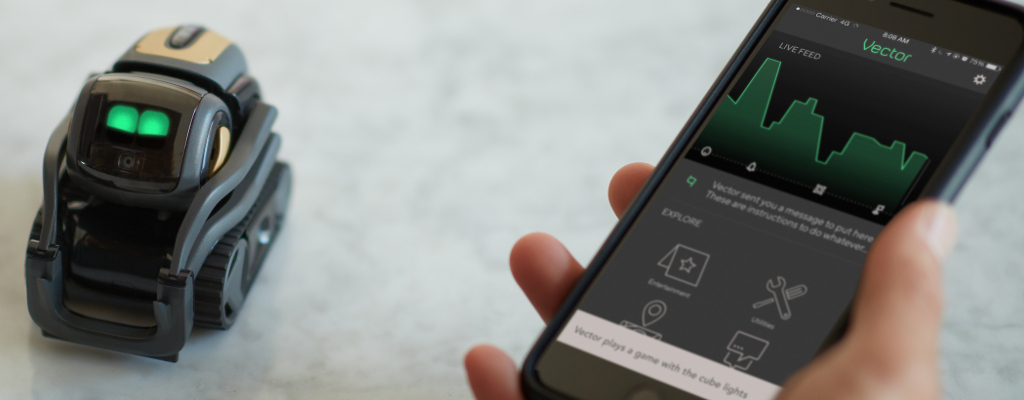What is smart tech?
Smart devices or the Internet of Things (IoT) cover all the objects or devices used in your home, office, or school that are connected to the internet. More and more of these smart devices are being used by children as toys at home and with students in the classroom every day. This "smart tech" can provide greater convenience and new learning opportunities for children and students, but it also requires that they share more information than ever. Connected devices and household gadgets can collect all manner of sensitive information -- anything from audio and visual recordings of your home to the names of shows you watch, the number of steps you've taken, your child's precise location, how and when you sleep, and even which foods you eat.
Are there risks?
As smart tech collects personal and behavioral information about children and students, it is imperative that the privacy and security of the information be protected from potential misuse or from a data breach. The scale of the interconnectedness of smart tech means that as more smart devices are connected to the internet, the privacy risk that these devices may be hacked or compromised over the internet increases. The Common Sense Privacy Program evaluates smart tech and provides several important details to help parents and teachers:
-
Understand the data collected.
-
Check privacy controls.
-
Use strong passwords.
-
Protect children with parental consent.
-
Connect safely.
-
Ensure software is up to date.
Why evaluate privacy and security?
The Privacy Program believes educating parents and teachers about privacy and security concerns leads to better-informed choices. The program evaluates the privacy and security practices of popular smart tech intended for children and students to protect child and student data and support a more secure digital future for kids everywhere. Privacy and security are intertwined, and security is the foundation of effective individual privacy. When evaluating whether to use a smart device at home or in the classroom, parents and teachers need a comprehensive understanding of not just the privacy practices but also the security practices of the smart device to make an informed decision with all the information available.
What are our goals?
-
Evaluate the privacy and security of smart tech that affects children and students.
-
Educate parents and teachers about the security practices of smart tech.
-
Demonstrate key findings about smart tech to protect the personal information of children and students.
-
Advocate for better smart tech security practices to protect child and student personal information.
How is our security testing different?
Our evaluations are unique in several ways:
- Only smart tech for kids. We only evaluate the privacy practices of smart tech used by children and students. Many other evaluators focus on smart devices intended for general-audience consumers that are not used primarily by kids. Smart devices intended for kids pose unique risks because of the sensitive personal information they can collect. Children's and students' smart devices in particular are often less expensive and therefore less likely to include robust protections more commonly found in general consumer smart devices. In addition, parents oftentimes don't understand the risks of smart tech used by their children in the classroom.

